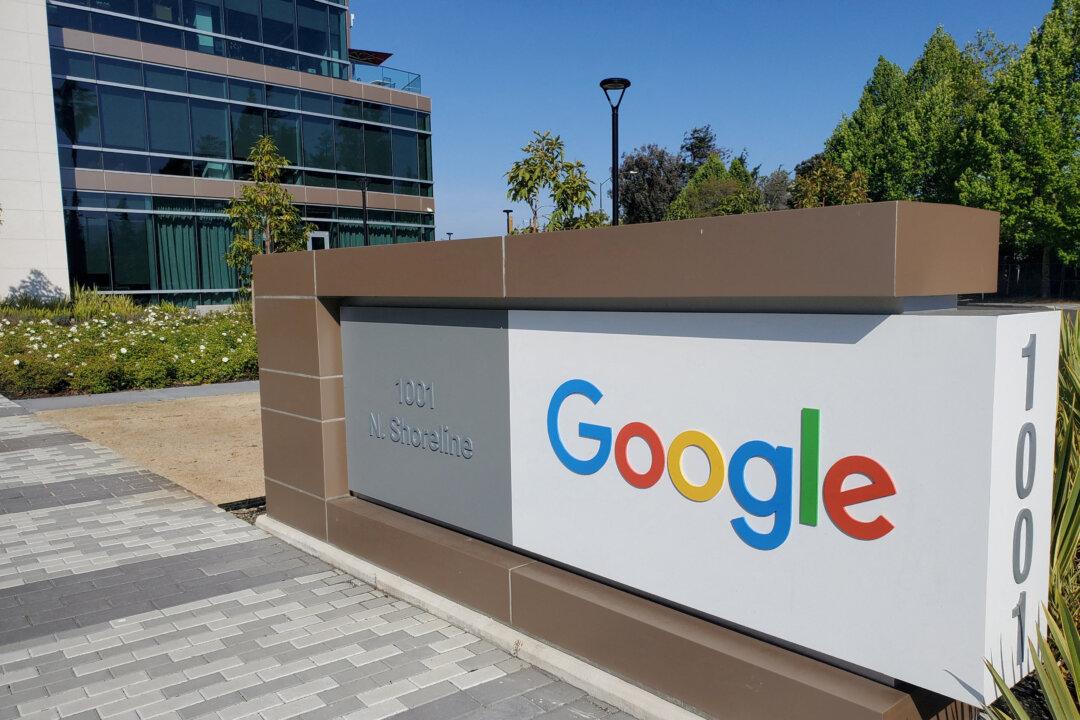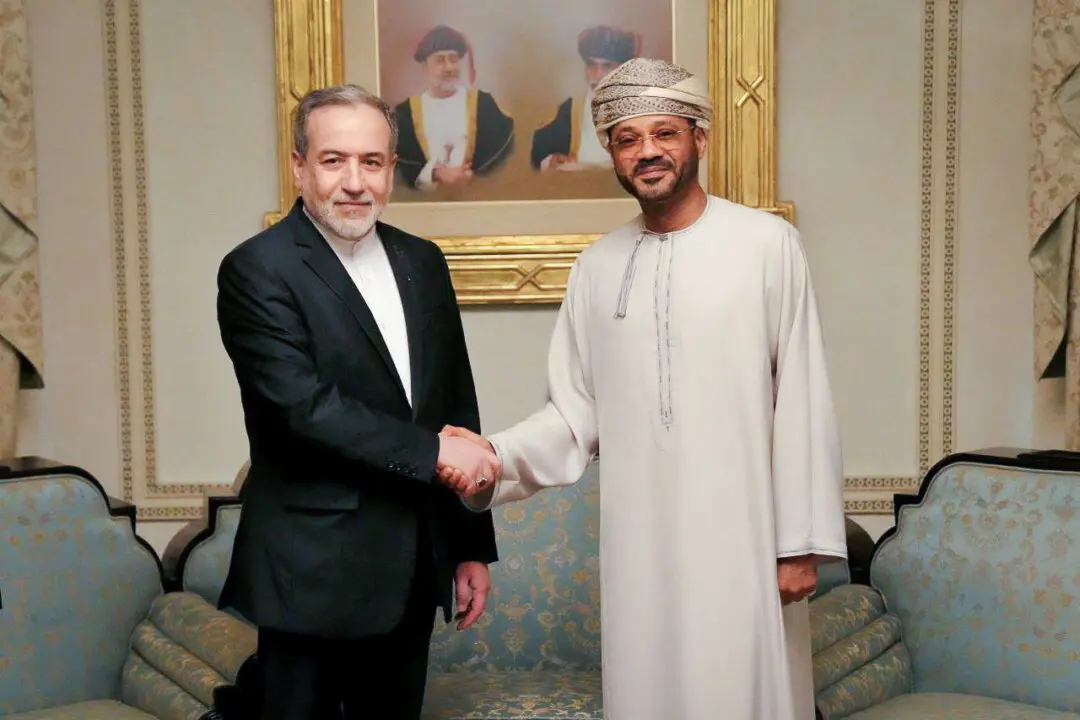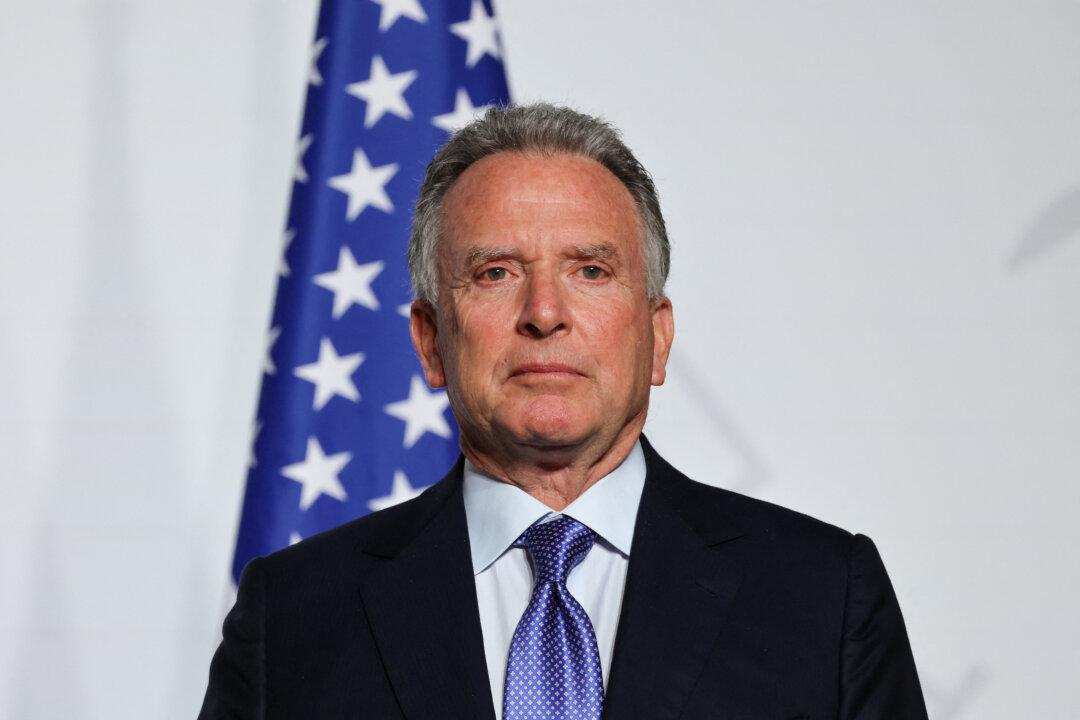India’s competition regulator approved a settlement proposal from Google on April 21 after it charged the tech giant over anticompetitive practices relating to its Android TV platform.
The Competition Commission of India (CCI) had accused the U.S. company of abusing its Android operating system’s dominant position in the country’s smart TV market.





